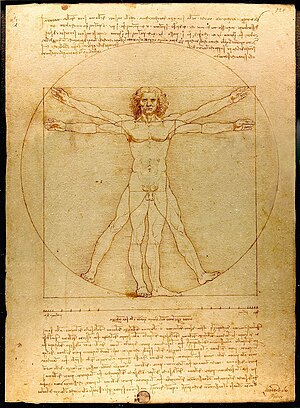
Monday, August 25, 2014
astro picture for the day / John Stillwell "What does depth mean in mathematics?
ESA/NASA Hubble Space Telescope image
John Stillwell - "What Does 'Depth' Mean in Mathematics?"
For some strange reason, the video linked above about John Stillwell's latest public lecture doesn't show up amongst the youtube selections; but, about the lecture . . .
He tries to show the big ideas throughout mathematics history. He strangely goes from modern times back in time. He of course doesn't cover everything. In fact, I find his viewpoint of "what steps came before", and "how many great mathematicians before the final logical proof" viewpoint a bit limiting. As usual, mathematics is deeper and more of a complex whole than any simple description. A "implications and developments after the great theorem is made' viewpoint makes certain theorems even more important.
The fundamental theorem of algebra implications, mentioned by him for sure gets a different perspective from its later implications instead of what led up to it. The fundamental theorem of algebra led to 'varieties' by David Hilbert(just one thing he did). The fundamental theorem of algebra proves the number of solutions of any polynomial is equal to the degree of the equation. And it does so topologicaly(this was proven by Frederick Gauss, hence Gauss was aware of something 'topological'; he knew of topological properties from 'genus' properties of number theory as well). The number of solutions is pictured as intersections of a curver around a Cartesian plane. One could generalize to different geometric shapes and this is what David Hilbert does. Varieties were used by Manjul Bhargava farelly recently to solve number theory problems. I actually link to a lecture of his way back in this blog. Manjul was one of the Fields medal winners a week or two ago. His work has opened up non-commutative algebras and made sense of octonians for the first time. Back in the early 1800s, Galois came up with abstract algebras of groups and fields to prove that there is no general closed form solution to the fifth degree equation(like the quadratic formula for the second degree equation; something that goes back to the Babylonians a thousand years before the Greeks did their best stuff). This opened up algebra like never before. Before, algebra was just quadratic equations and then solutions to higher degree equations that they could solve. Another side of algebra was opened up in invariant theory. Invariant theory kind of comes out of matrices and systems of equations type of stuff. Really, its substitutions of equations in each other that leaves invariants. The b^2-4ac in the square root radical of the quadratic formula is an invariant. Mathematicians from Boole to Cayley found lots of invariants and started solving algebra and geometric problems from invariants in the early to mid and then late 1800s. Emmy Noether in the early 1900s came up with commutative and non-commutative algebras. The non-commutative algebras unified the invariants side of algebra and the abstract algebra. But, her work remarkably became eclipsed a little bit by the lie algebraic work for much of the rest of the 20th century. Manjul Bhargava's work is one generalization that has opened up the field again. Octonians are further generalisations beyond quaternions which are themselves generalisations past complex numbers. All this 'fundamental theorem of algebra' is just one example.
The fundamental theorem of the calculus is another. While its a proof, there is room in the interaction between the differential and integral calculus unified by the fundamental theorem of the calculus for more. This led to lots of real analyses.
Going back further into time, the Pythagorean theorem led to Diophantine analyses in 'Pythagorean triples', irrational numbers in the square root of two, and the number theory of the pellian equations. Other Greek findings had implications as well.
The five platonic solids led to topology. The squaring of the circle led to transfinite numbers. The other delian problems of trisection of an angle and duplication of a cube led to abstract algebra(or could only really be solved by abstract algebras).
Subscribe to:
Post Comments (Atom)

No comments:
Post a Comment